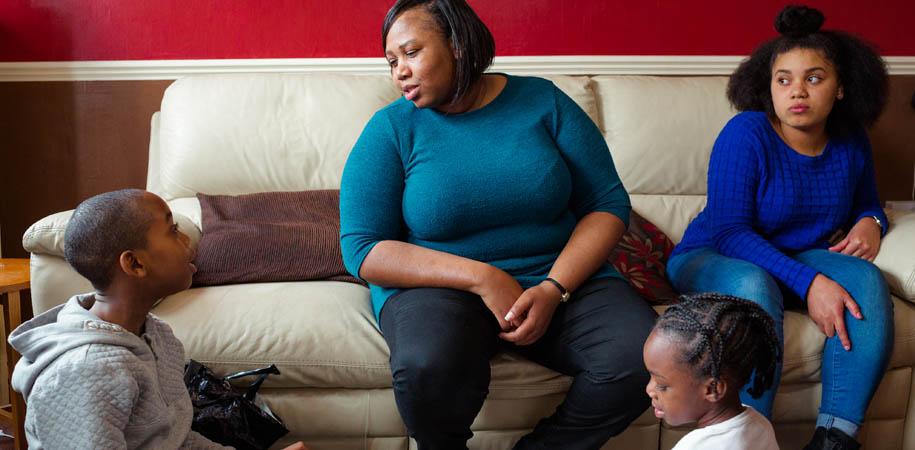
Self- isolating and social distancing and stay home has become the “new normal”.
However, it has its own effects on the society that has never rested before and was always on their toes.
With the current Coronavirus Covid-19 outbreak and Government recommendations to limit social contact, many of us will be spending more time at home than we’re used to.
You may be spending more time with family, and this may create difficult situations, especially for those coping with family problems.
8 tips for dealing with conflict at home
In my experience, it all comes down to planning ahead. Think and plan for the situations or people that you foresee being difficult over the next few months.
Once you identify the points that might be challenging, you can plan to mitigate the level of disruption and confrontation.
Call on a friend
Ask a friend to call you at a certain time of the day that you expect to be problematic. This will give you a natural reason to leave the room and take a break from the intense or potentially confrontational situation.
Set an alarm
Match your alarm tone to your ring tone and set your alarm for a certain time of day. Needing to take a call gives you a natural, legitimate reason to leave the room.
Plan breaks
Make plans to do something with friends or people outside of your family to give you a break and time out from the intense environment. If you’re isolated at home, you can still hang out with friends over video, or get into a routine of a doing an activity at the same time each day.
Reach out
Share your worries about the upcoming challenges with a trusted family member – they may be able to help you get out of difficult conversations. For example, you and your trusted family member could agree on a code word to use when you want some time out or need them to support you.
Identify conversation topics
Create a list of “safe conversation topics” that you can refer to when things get awkward or difficult. Similarly, create a list of conversation topics that you feel it might be best to avoid when with family.
Be reasonable
If you are in a confrontational situation with a family member, reason with yourself about why you want to stay calm and contemplate the consequences of any action that you might take.
Do a chore
If you anticipate being in an intense environment, plan jobs or chores that you could pick up to give yourself a natural reason to get out of the situation. For example, stacking the dishwasher, taking the bins out or walking the dog.
Communicate openly
If you are able to be transparent about the confrontation that might occur with the people you have difficulties with, try for an open conversation about how you can best meet one another’s needs.
If you’re a parent, this might be saying, ‘Son, I would really appreciate it if you could help with the washing up’. If you’re a young person, you could try saying, ‘Mum, it would be really great if you could allow me some time to myself’.
Planning ahead in this way can really help you to avoid conflict during long periods at home.
Credits: https://www.childrenssociety.org.uk/news-and-blogs/our-blog/dealing-with-conflict-at-home

